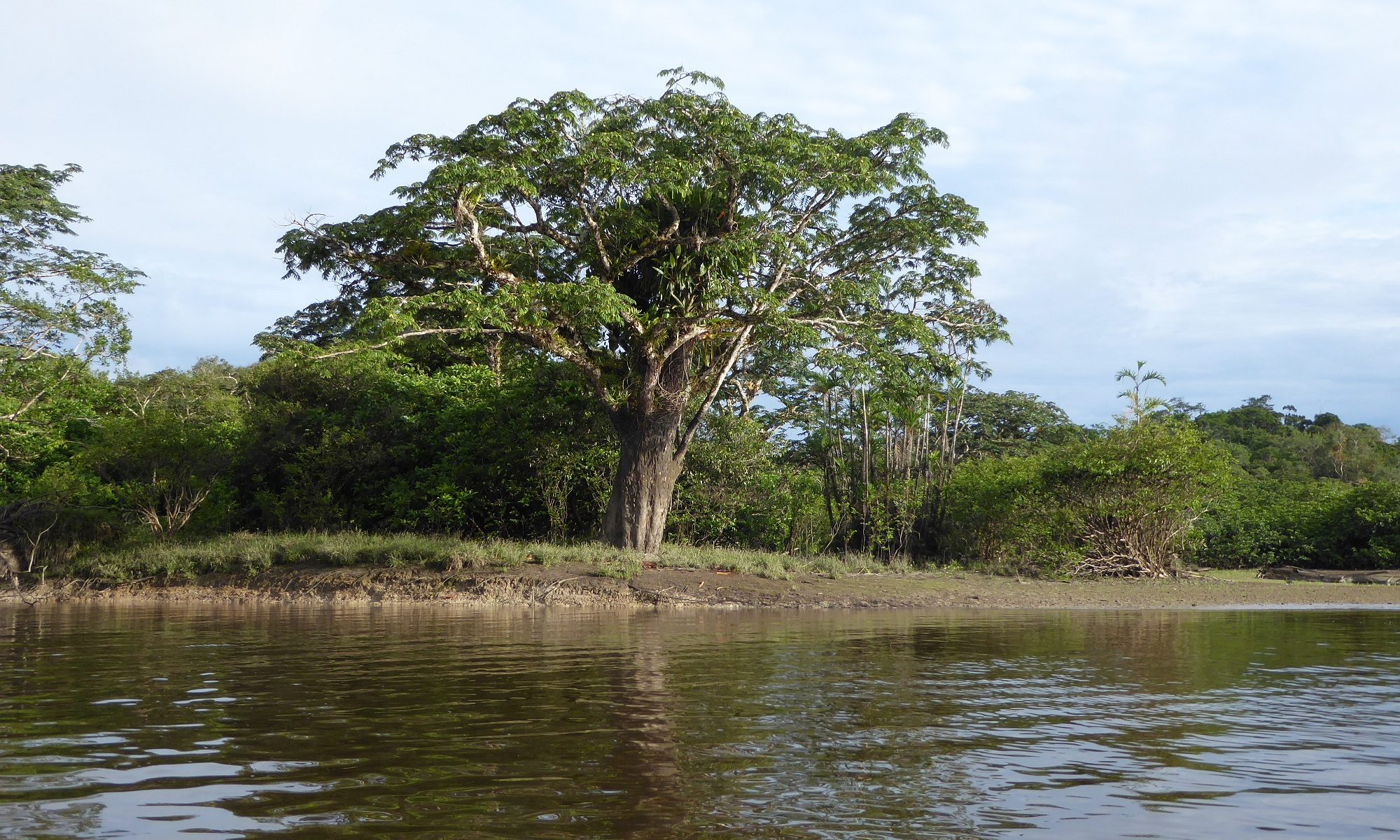On Tuesday 6 July, our group was excited because we were finally able to organize the panel at EADI ISS Conference that had been postponed for one year due to coronavirus pandemic. The idea of the panel was at first connected to the forthcoming special issue for the journal Globalizations. Therefore, the panel was included in the category of “harvesting”, meaning that the presentations were on researches at their “mature” stage. The discussion was then based on the drafts the participants had sent beforehand. We had two sessions with nine presentations that looked at pluriversal educational alternatives and critical intercultural education from different perspectives and in different regional and cultural contexts.

Paola Minoia (University of Helsinki) began the first session by telling about research that she had been working on together with Riikka Kaukonen-Lindholm and Andrés Tapia: Intercultural education for the living forests – Kawsak Sacha. The work presented the experience of the Kichwa people of Pastaza in Ecuador, and their agency in enforcing their epistemic rights and protection of their lands. The second paper by Amanda Earl (Teachers College, Columbia University, USA): “We Bring a Lot to Life”: Internationalization of Intercultural Higher Education for Sustainable Development, told about the experiences in intercultural universities in Mexico on how the projects to internationalize their curricula supported the fostering a dialogue of knowledges in rural communities with a view to sustainable development. Third, Su-ming Khoo’s (National University of Ireland, Galway) paper titled Aligning ‘Quality’ and ‘Equity’ in Higher Education – the Repair of Decoloniality and the Tasks of Undone Science focused on problematizing the concepts of ‘science’, ‘quality’ and ‘excellence’ as ideals in higher education and with respect to challenges for trying to include epistemic diversity and pluralism. Fourth, Janbee Shaik Mopidevi (Innovate Teaching Research & Advocacy Consulting (ITRAC), UK) in her talk Contesting neo-liberal homogeneity and reclaiming epistemic heterogeneity in Education for Sustainable Development, explored the post-colonial and post- developmental philosophies of Rabindranath Tagore and Jiddu Krishnamurti.
The second session began with a presentation by Johanna Hohenthal (University of Helsinki) on her work together with Tuija Veintie, titled: Fostering Indigenous young people’s socio-environmental consciousness through place-based learning in Ecuadorian Amazonia. Their paper focused on the need and possibilities to engage intercultural bilingual schooling better with young people’s experiential learning and learning with their parents and community. The second paper by Marina Cadaval Narezo (International institute of Social Studies, Netherlands) and her co-authors Georgina Méndez Torres and Angélica Hernández Vásquez, titled Professional Indigenous Women: the use of conventional graduate education to reposition indigenous worldviews, reflected on the experiences of two Indigenous women professors in Intercultural universities in Mexico. Third, Maren Seehawer (Norwegian School of Theology, Religion and Society) explored epistemological tensions between indigenous ways of knowing and western education system in her presentation titled Integrating indigenous and Western knowledges in South African education. Fourth, Dumisani Zondiwe Moyo (School of Geographical and Earth Sciences, University of Glasgow, UK) presented his paper titled Coloniality, Decolonialism and the Question of Malawi’s Agricultural Education System, which explored a grounded application a framework based on Achille Mbembe’s concept of ‘Blackness’ to decolonial scholarship and represented an autoethnographic account on Malawi’s agricultural economics education system. The panel ended with a presentation by Maria Fernanda Arreas Treffner (Linkrural, Brazil / Vietnam) and Cornelia E. Nauen (Mundus maris – Sciences and Arts for Sustainability asbl, Belgium), titled Inclusive Adult Education as an Avenue for Greater Social Justice in Small-Scale Fisheries in Senegal. Their work focused on the Small-Scale Fisheries Academy and reflected on its methodological and theoretical underpinnings.
The diversity of presentations and lively discussions in our panel showed that the topic of pluriversalising and decolonizing education is very timely and there is a lot of important academic research going on in this field. The work continues, and hopefully in the future, we will see even more conceptual and practical development that helps to build dialogues between different ways of knowing in education for more sustainable and just futures.
